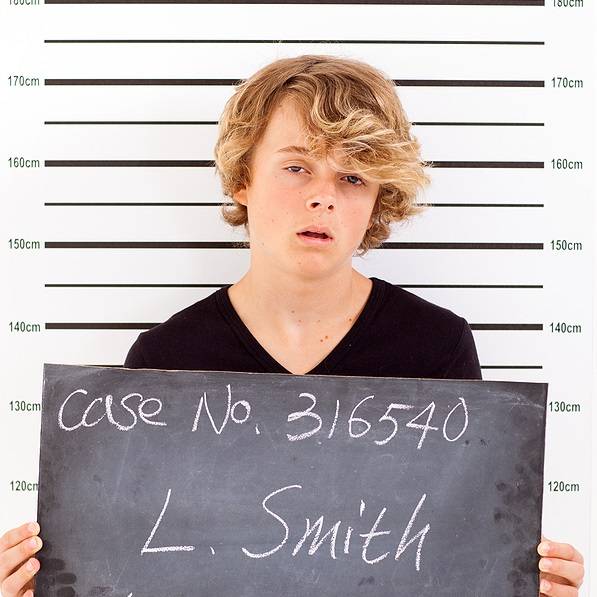In an era where the conversation surrounding drug policy is evolving, questions about the severity of punishments for drug possession have become more common. One particularly debated topic is how the law views drug possession for juveniles as opposed to adults. Is the punishment less severe for younger individuals, and if so, why? Before diving into the nuances of this topic, let’s first understand who qualifies as a juvenile.

Who is a Juvenile?
By definition, a juvenile is an individual who is not yet considered an adult by the legal system. In Texas, this age of adulthood is not 18 or 21 as commonly thought, but rather 17. This means that if your child is at least ten, but has not yet turned 17, they fall into the juvenile justice system.
Drug Possession and Juveniles
The juvenile justice system is grounded in the principle of rehabilitation rather than punishment. This is based on the belief that young individuals possess a greater capacity for change and can be redirected towards a more positive path with the right intervention. Consequently, drug possession charges for juveniles are often handled with a more rehabilitative approach than punitive.
Several factors come into play:
1. First-time Offense: If a juvenile is caught with drugs for the first time, there’s a higher likelihood that they’ll be recommended for counseling or a drug education program instead of receiving a jail sentence.
2. Quantity of Drugs: The amount of drugs found in possession can influence the severity of the punishment. Small amounts may be seen as indicative of personal use, whereas larger quantities might suggest an intent to distribute, leading to stiffer penalties.
3. Type of Drug: Not all drugs are treated equally under the law. For example, possession of marijuana might be treated less severely than possession of harder drugs like methamphetamine or cocaine.
4. Presence of Other Crimes: If the drug possession charge is accompanied by other charges, such as theft or assault, the overall consequences can be more severe.
It’s important to note that while the intent of the juvenile justice system is rehabilitation, this does not mean that juveniles are exempt from severe consequences. Repeat offenses, possession of large quantities of drugs, or involvement in drug trafficking can still result in serious penalties, so it’s important to contact a juvenile justice lawyer like Philip D. Ray immediately if your child has been arrested on a drug charge.
Drug Possession – Adults vs. Juveniles
For adults, drug possession can result in immediate jail time, heavy fines, probation, and a criminal record that can affect future employment and other life opportunities. While juveniles may face some similar consequences, the emphasis is often on treatment, community service, and education. Furthermore, juvenile records are typically sealed, meaning they won’t necessarily carry the weight of a criminal record into adulthood. However, in some cases, especially for severe crimes or repeat offenses, a juvenile can be tried as an adult, leading to more stringent consequences.
Contact a Lawyer for Guidance
If you or someone you know is a juvenile facing drug possession charges, it’s essential to seek legal counsel immediately. While the juvenile justice system emphasizes rehabilitation, navigating its complexities without proper representation can lead to unintended outcomes.
For those in the Frisco area, consider reaching out to Frisco drug Lawyer Philip D. Ray. With expertise in this area of law, he can provide invaluable guidance and representation, ensuring that the rights of the juvenile are upheld and the best possible outcome is achieved. You can contact him directly at (469) 588-6770.
